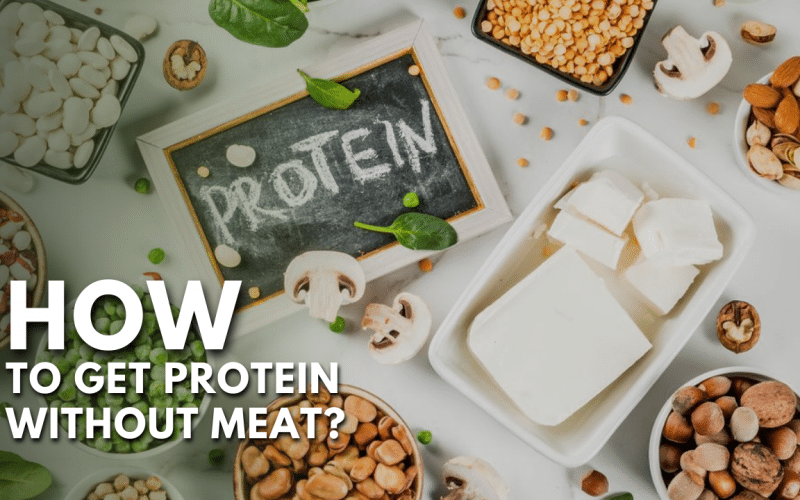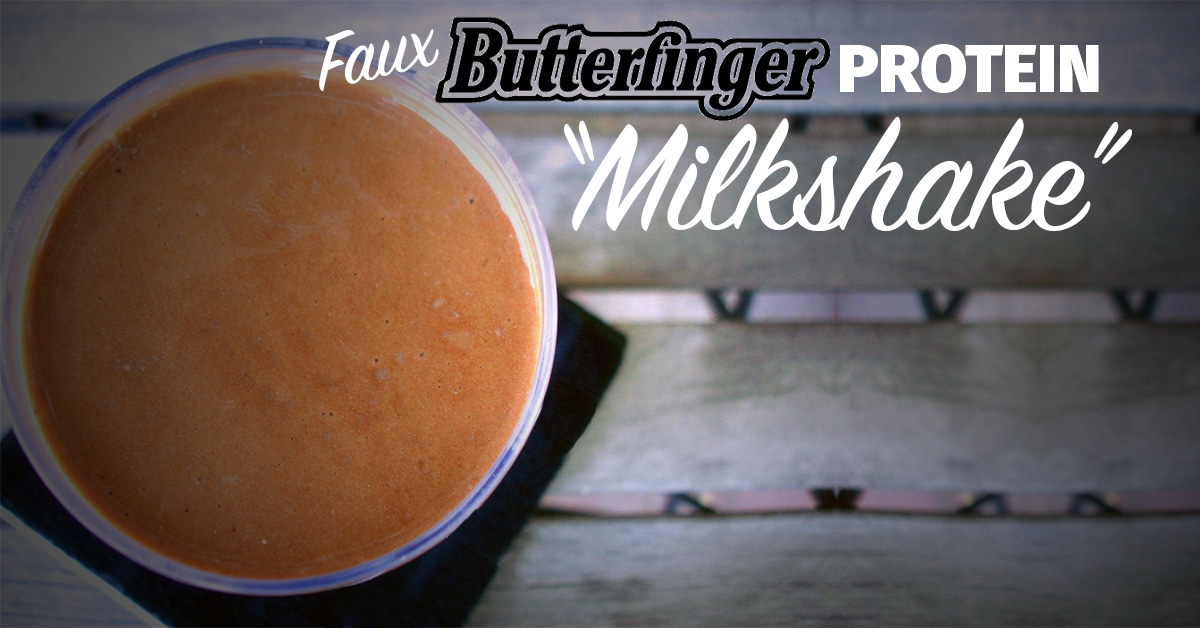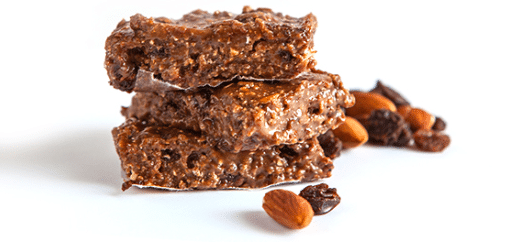Protein is an essential macronutrient that plays a vital role in our overall health and well-being. It is responsible for building and repairing our muscles, organs, and tissues, and it also helps regulate our metabolism and hormones.
For many people, the common belief is that meat is the only source of protein and that a diet without meat would be lacking in this vital nutrient.
However, this couldn’t be further from the truth. There are many meatless sources of protein that can easily be incorporated into your diet, offering numerous health benefits and a more sustainable and environmentally-friendly approach to eating.
In this article, we will explore the different sources of protein that do not come from meat and provide tips and tricks for ensuring you get enough of this important nutrient in your diet.
Whether you are a vegetarian, vegan, or simply looking to cut back on meat, we will tell you how to get the protein your body needs without relying on animal products.
Importance of Adding Protein to Your Diet
Protein is an essential macronutrient that plays a crucial role in maintaining good health and well-being. Here are some of the key reasons why it’s important to add protein to your diet:
- Muscle Building and Repair: Protein is essential for building and repairing muscle tissue, making it a key nutrient for anyone looking to improve their physical fitness or recover from injury.
- Hormone Regulation: Proteins are the building blocks of hormones, and they play a vital role in regulating many of the body’s metabolic processes.
- Strong Bones: It is also important for building and maintaining strong bones, reducing the risk of osteoporosis and other age-related bone conditions.
- Appetite Control: It can help you feel full for longer, reducing the likelihood of overeating and helping you maintain a healthy weight.
- Immunity Boost: It is also important for maintaining a healthy immune system, helping your body fight infections and diseases.
- Better Metabolism: Protein is known to help regulate metabolism and promote a healthy body weight.
Including protein in your diet is essential for you to maintain good health and well-being. It is important to choose a variety of protein sources to ensure that you get all the essential amino acids your body needs to function properly.
Is Meat the Only Source of Protein?
The belief that meat is the only source of protein is a common misconception that has been widely perpetuated over time.
Many people believe that to get enough protein, they must consume animal products such as chicken, beef, pork, and fish. However, this is simply not true. Many plant-based sources of protein can provide all the essential amino acids your body needs to function properly.
One reason why this myth persists is that animal-based protein sources tend to be more heavily marketed and widely available than plant-based sources of protein. Besides, some believe that plant-based protein is not as high-quality or complete as animal-based protein.
However, this is simply not the case. There are many plant-based foods, such as legumes, nuts, and grains, that are excellent sources of protein and can provide all the essential amino acids your body needs.
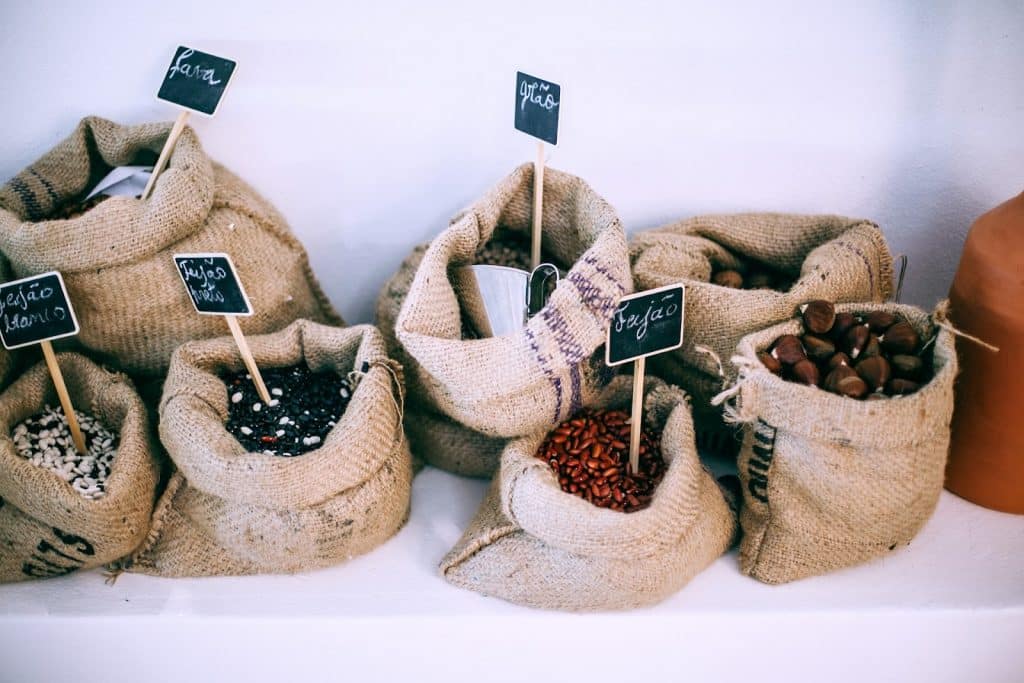
It’s also important to note that plant-based protein sources often offer additional health benefits that animal-based protein sources do not. For example, many plant-based protein sources are low in saturated fat and high in fiber, which can help improve heart health and support weight management.
Additionally, plant-based protein sources are often lower in calories and provide more vitamins, minerals, and antioxidants than animal-based protein sources.
The belief that meat is the only source of protein is a myth that is not supported by scientific evidence. There are many plant-based sources of protein that can provide all the essential amino acids your body needs to function properly, and many of these sources offer additional health benefits that animal-based protein sources do not.
Whether you are a vegetarian, vegan, or simply looking to cut back on meat, there are many delicious and nutritious ways to get the protein your body needs.
How Much Protein You Need, and the Factors That Affect It
The amount of protein you need depends on several factors, including your age, gender, weight, activity level, and overall health status.
Here are some general guidelines for determining your protein needs:
- Age: Children and teenagers require more protein per pound of body weight than adults because they are still growing and developing.
The recommended daily allowance for protein for children and teens ranges from 10 to 34 grams per day, depending on their age and gender. For adults, the recommended daily allowance is 0.8 grams of protein per kilogram of body weight.
- Gender: Men generally require more protein than women because they tend to have more muscle mass.
- Weight: The more you weigh, the more protein you need to support your body weight.
- Activity Level: If you are physically active, you will require more protein to support your muscles and help with recovery after exercise.
- Overall Health Status: People who are recovering from illness or injury or have certain medical conditions may need more protein to support their healing and recovery.
It’s important to note that while protein is an important part of a healthy diet, it is also possible to consume too much protein.
Consuming large amounts of protein can put stress on your kidneys and liver, leading to health problems. It’s important to speak with a healthcare provider or a registered dietitian to determine your specific protein needs based on your health status and lifestyle.
Different Types of Protein and Their Sources
Let’s take a look at different types of protein and their sources:
Meatless Sources of Protein
- Legumes: Legumes, such as lentils, chickpeas, and black beans, are a great source of protein for vegetarians and vegans. They also contain fiber and complex carbohydrates that help keep you feeling full for longer periods.
- Nuts and Seeds: Nuts and seeds, including almonds, cashews, and chia seeds, are high in protein and healthy fats. They also contain various vitamins and minerals, including magnesium, which is important for muscle and nerve function.
- Tofu and Tempeh: These plant-based protein sources are made from soybeans and are a great alternative to meat. They are also a good source of iron and calcium.
Dairy-Based Sources of Protein
- Milk: Milk is a great source of protein, meaning it contains all the essential amino acids that our body needs. It is also a good source of calcium, which is important for bone health.
- Cheese: Cheese is another dairy-based source of protein. It is also a good source of calcium and vitamin D.
- Yogurt: Yogurt is a high-protein dairy food that is also a good source of probiotics, which are beneficial for gut health.
Eggs as a Source of Protein

Eggs are a complete protein source, containing all the essential amino acids. They are also a good source of vitamins and minerals, including vitamin D, vitamin B12, and choline, which are important for brain health.
Additionally, eggs are a good source of healthy fats and antioxidants, such as lutein and zeaxanthin, which are important for eye health.
Incorporating Meatless Protein Sources Into Your Diet
Here’s how you can incorporate meatless protein sources into your daily diet.
1. Increasing Your Intake of Plant-Based Protein
Instead of having meat as the main source of protein in your meals, try substituting it with plant-based protein sources. They are not only high in protein but also low in saturated fats, which makes them a healthier alternative to meat.
Include a Variety of Protein Sources in Your Diet
To ensure you get all the essential amino acids and other nutrients your body needs, incorporating various plant-based protein sources into your diet is important. This can include nuts, seeds, legumes, whole grains, and vegetables. You can also experiment with new protein sources to add some variety to your meals.
Cook Your Protein Sources in Ways That Retain Their Protein Content
The way you cook your plant-based protein sources can affect their protein content. For instance, boiling or overcooking can cause some of the protein to leach out. To retain the protein content, use cooking methods such as steaming, baking, and sautéing.
Use Protein Supplements If Necessary
If you find it difficult to get enough protein from whole food sources, consider using protein supplements such as pea protein, rice protein, or soy protein. However, it’s important to talk to a healthcare professional before using any supplements.
2. Making Dairy and Egg-Based Protein a Part of Your Diet
Making dairy and egg-based protein a part of your diet is a smart choice to maintain your overall health and fitness. Both dairy products and eggs are rich in essential nutrients, including protein, vitamins, and minerals, that our body needs to function at its best.
Including Dairy Products in Your Meals
Dairy products such as milk, cheese, and yogurt are excellent sources of protein, calcium, and vitamin D. Adding them to your diet can provide you with the essential nutrients your body needs.
You can include dairy products in your meals in various ways, such as:
- Having a glass of milk with your breakfast
- Adding cheese to your sandwich or salad
- Having a cup of yogurt as a snack
- Using milk to make smoothies or protein shakes
Using Eggs as a Versatile Protein Source
Eggs are not only a great source of protein, but they also contain essential amino acids that our body needs. They are versatile ingredients that can be used in various ways to add protein to your meals.
Here are some ways you can use eggs in your meals:
- Having boiled or poached eggs for breakfast
- Making omelets with vegetables for a healthy lunch or dinner
- Adding eggs to your salad for a protein boost
- Using eggs to make pancakes or waffles for a high-protein breakfast
3. Overcoming Common Concerns With Meatless Protein
If you’re considering switching to a plant-based diet, you may have concerns about the protein content of your meals, the environmental impact of consuming dairy and eggs, or the cost of plant-based protein.
Here’s a breakdown of these common concerns and how to address them:
Plant-Based Protein Is Not Complete – Myth
One common myth about plant-based protein is that it’s not complete, meaning it doesn’t contain all the essential amino acids our body needs. However, this is not entirely true.
While some plant-based protein sources may not contain all the essential amino acids, you can still get them by combining different sources of plant-based protein. For example, you can combine beans and rice, hummus and pita, or peanut butter and whole wheat bread to get all the essential amino acids.
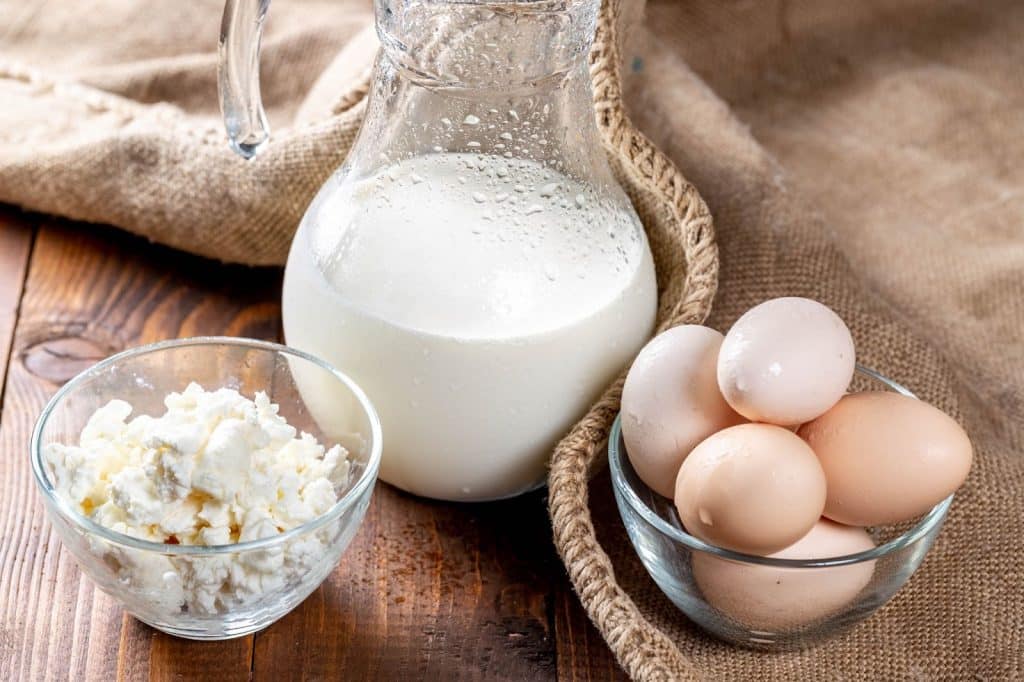
Concerns About the Environmental Impact of Consuming Dairy and Eggs
There are concerns about the environmental impact of consuming dairy and eggs, particularly when it comes to greenhouse gas emissions and land use. However, it’s important to note that not all dairy and eggs are created equal.
Look for products that are labeled as organic, free-range, or grass-fed, as they tend to have a lower environmental impact. Alternatively, consider switching to plant-based alternatives like almond milk, soy milk, or tofu.
Concerns About the Cost of Plant-Based Protein
There’s a common misconception that plant-based protein is more expensive than meat-based protein. However, this is not necessarily true.
While some plant-based protein sources like quinoa or chia seeds may be pricier, there are also many affordable options like lentils, beans, and tofu. Plus, consuming plant-based protein can save you money in the long run, as it can help prevent chronic diseases and reduce healthcare costs.
Conclusion
Getting protein without meat is not only possible but also easy and delicious!
With a wide variety of plant-based protein sources available, you can enjoy a diverse and healthy diet without sacrificing taste or nutrition. By incorporating meatless foods into your meals, you can feel good about your dietary choices while reaping the many health benefits of a plant-based diet.
So whether you’re a lifelong vegetarian or simply looking to add more meatless meals to your diet, getting protein without meat has never been more accessible, enjoyable, or satisfying.
